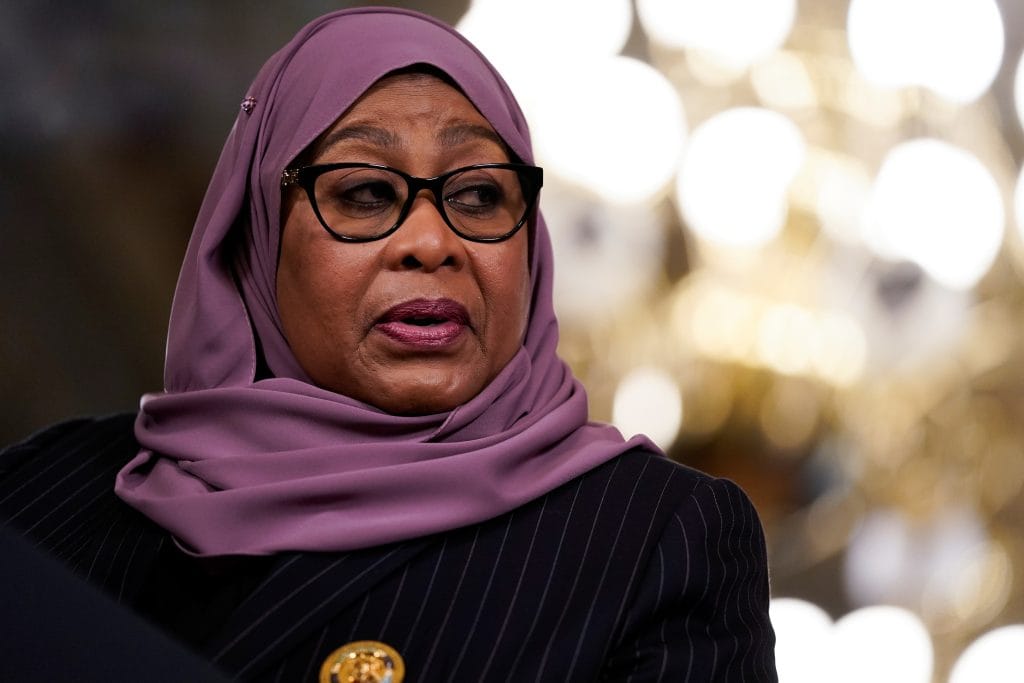With less than two weeks to go before Tanzania’s October 29 general elections, concerns are growing over an escalating clampdown on opposition figures, civil society, and independent media. Rights observers warn that the tightening political space risks undermining confidence in the electoral process.
Recent developments have seen opposition leaders Tundu Lissu of Chadema and Luhaga Mpina both barred from contesting the presidency, prompting widespread criticism from rights advocates and political analysts. Several activists and journalists have reportedly faced harassment, intimidation, or arrest in recent months.
Human rights organizations have expressed alarm over reports of arbitrary detentions, disappearances, and violence targeting critics of the government. Local legal associations have documented dozens of missing persons cases across the country, some linked to political activity.
Civil society groups in Dar es Salaam say the current atmosphere has created fear among citizens seeking to participate in political or civic action. “Many people are afraid to speak out or campaign freely,” one activist told reporters, calling for international attention to ensure transparency and fairness in the upcoming polls.
The ruling Chama Cha Mapinduzi (CCM) Party is widely expected to dominate the vote, extending its decades-long hold on power. However, analysts caution that the legitimacy of the results may be questioned if opposition candidates continue to face legal and administrative barriers.
Calls for restraint and accountability have grown louder, with regional observers urging Tanzanian authorities to safeguard fundamental rights and ensure that all political actors can participate freely in the electoral process.
As the election approaches, the country stands at a critical crossroads — between preserving stability and ensuring democratic openness in one of East Africa’s most influential nations.



